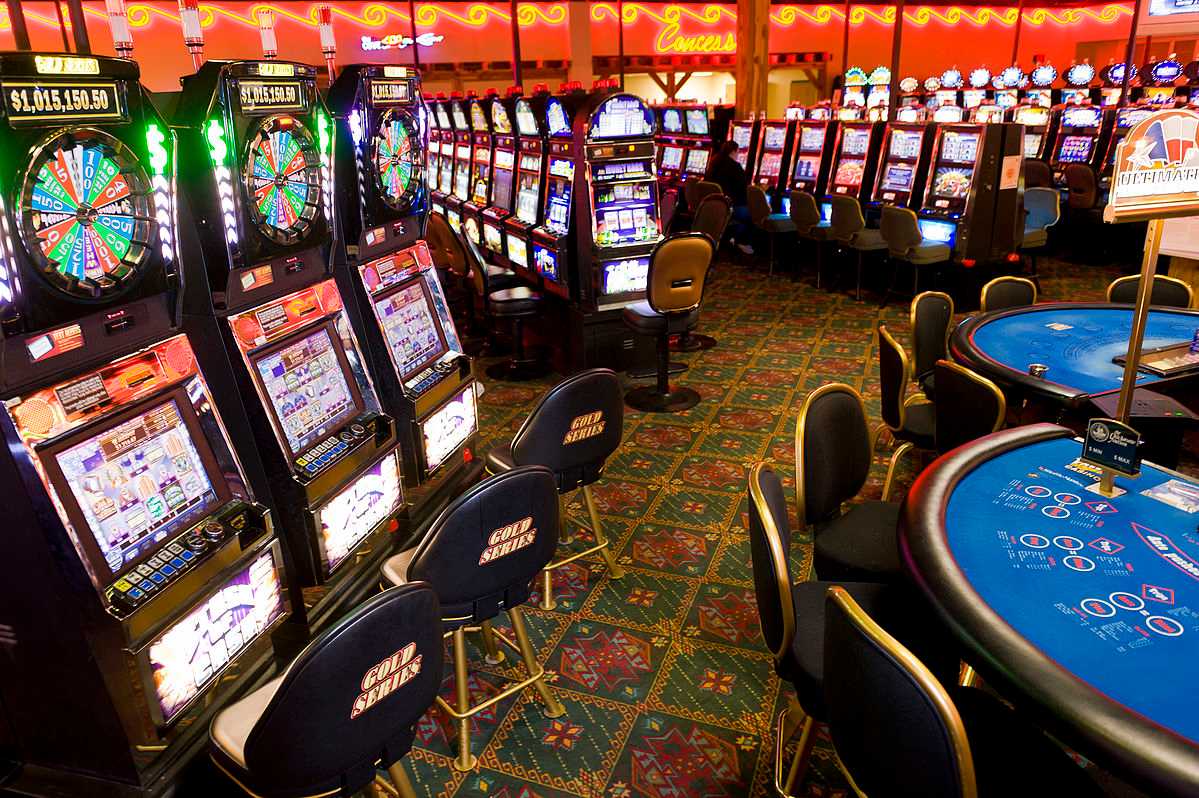
In the world of gambling, where chance and strategy intersect, a unique tapestry of beliefs unfolds—one that intertwines luck, fate, and the enigmatic nature of casino games. Casinos, bustling with excitement and anticipation, are not just venues for placing bets; they are also arenas in which superstitions thrive. From the novice player to the seasoned gambler, these mysterious practices often shape how individuals approach the games they play, believing that their actions can impact the outcome in ways that go beyond mere probability.
When players gather around roulette wheels, blackjack tables, and slot machines, the atmosphere is thick with stories of lucky charms, rituals, and codified behavior that defy logic yet provide a sense of comfort. Whether it’s wearing a specific outfit, following a particular sequence of bets, or even avoiding certain numbers, the attachment to various superstitions reflects a deep-rooted desire to manipulate the uncontrollable. This article delves into the captivating world of casino game superstitions, investigating the beliefs that simultaneously entertain and mystify those who dare to play.
Cultural Origins of Superstitions
Betting games have long been entwined with an array of superstitions that go back to primitive cultures. The origins of these beliefs can be linked to humanity’s intrinsic wish to influence the uncertain outcomes connected with fortune and uncertainty. In early civilizations, games of chance were often connected to religious practices. Gamblers would seek aid or seek favor from deities, believing that their actions could change the outcomes in their benefit. This basis laid the foundation for the myriad of superstitions that spread as gambling evolved over centuries.
During the Middle Ages, betting became a common pastime across European nations, and with it, a rich tapestry of superstitions emerged. Participants adopted numerous rituals and charms, believing they could affect the results of games. The value of numbers, in particular, emerged to show in superstitions around card games and dice. Okwintv The number seven was often considered lucky, while different numbers carried unfortunate connotations. These ideas mirrored the cultural contexts of the time, changing as they moved through generations and changed to new gaming environments.
As gaming establishments emerged in the seventeenth century, particularly in Italy and France, the atmosphere surrounding betting became steeped in mystique. The growing accessibility of casino games allowed for the expansion and variation of superstitions among players. Concepts like lucky charms, special seating locations, and rituals gained importance, creating a unique culture within betting houses. As these practices continued to thrive, they became fundamental to the identity of gambling games, illustrating how history and tradition shape the notions that influence how gamblers connect with luck.
Widespread Gambling Myths
Beliefs surrounding casino games are plentiful and varied, mirroring the hopes and fears of players as they engage in random activities. One of the most common views is that certain digits bring luck or bad luck. For example, the number 7 is often seen as a lucky number, frequently sought after by gamblers looking for a favorable result. Conversely, the digit 13 is routinely considered unlucky, leading many gamblers to steer clear of it during their gambling sessions.
Another frequent belief relates to practices that gamblers believe can affect their chances. It could be blowing on the dice before a roll, using a specific hand to place a bet, or even wearing particular items of attire, many people feel that these rituals can tilt fate in their favor. These rituals offer a feeling of control in an otherwise random environment, strengthening the idea that fortune can be created through individual convictions and customs.
Finally, the environment and vibe of the gambling house itself adds to superstition. Many players suggest that the presence of certain icons, such as four-leaf clovers or lucky tokens, can enhance their odds of winning. Additionally, gamblers might hold to the belief that victory streaks can be interrupted by mundane occurrences, such as a person passing by or a accident at the gaming surface. The shared atmosphere in a casino can amplify these superstitions, creating a shared culture of myths that transcends individual experiences.
Impact of Superstitions on Players
Beliefs play a significant role in the psychology of casino players, often influencing their actions and decision-making. Numerous gamblers believe that luck can be influenced through various rituals, such as wearing a lucky charm, selecting specific colors, or steering clear of particular digits. This reliance on superstitions can create a sense of control in an environment that is inherently unpredictable. Players often feel more confident and engaged when they think that their actions could sway the outcome of a game in their favor.
The influence of these superstitions extends past singular players, affecting the general atmosphere within the casino. For instance, a player who holds the belief in the luck of a certain slot machine might draw a crowd, as onlookers are intrigued by their apparent success. This shared belief can amplify excitement and create a dynamic environment, leading to an interesting experience even for those who may not necessarily be believers themselves. The excitement around specific games can lead to increased participation and longer playing sessions, supporting the casino’s lively social scene.
In some instances, superstitions can lead to harmful effects for players. Relying too heavily on rituals can result in bad gambling decisions, as some may ignore basic strategies in favor of unfounded beliefs. Additionally, the stress to perform rituals may heighten anxiety and stress levels, diminishing from the pleasure of the experience. Kết quả bóng đá Ultimately, while superstitions can enhance the thrill of playing casino games, they can also lead to foolish choices that overshadow the fun and amusement intended in the casino experience.